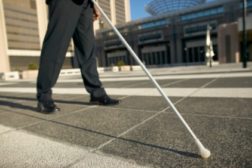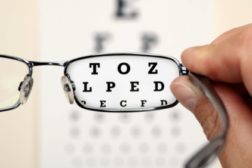Home » Keywords: » age-related
Items Tagged with 'age-related'
ARTICLES
5 ways exercise helps men live longer and better
It only takes a few basic lifestyle changes to lower the chances of getting many age-related diseases
April 30, 2013
What your eyes can reveal about your health (and why you shouldn’t ignore it)
Problems can sneak up on you
April 8, 2013
Age-related vision loss in the workplace
Even normal changes may affect performance
March 29, 2013
Optometrists anticipate “boom” in eye diseases as baby boomers turn 60
Some diseases have no symptoms in early stages
March 27, 2013
Become a Leader in Safety Culture
Build your knowledge with ISHN, covering key safety, health and industrial hygiene news, products, and trends.
JOIN TODAYCopyright ©2025. All Rights Reserved BNP Media.
Design, CMS, Hosting & Web Development :: ePublishing







